10 Greatest Speeches In Modern American History
The United States is a relatively infantile nation, but its legacy of spoken rhetoric is one of the richest in the world.
Rhetoric, in all its forms, arrives under the scrutiny of historians both for its historical impact and literary value. Dozens of speeches have either rallied the nation together or driven it drastically apart –– the impact of speeches in politics, social movements, and wars is undeniable.
So, I present the ten most powerful speeches from the twentieth and twenty-first centuries. I am only including those made after the widespread use of picture-and-audio-synced cameras. You will notice that there are no female speakers; hopefully, this will change as time, and society, wanes on. The list is in order of oldest to most recent.
1. Franklin Delano Roosevelt: First Inaugural Speech, “The Only Thing We Have To Fear Is Fear Itself” (March 4, 1933).
This speech is among the most widely known of a president. Its meaning became the battle cry of an impoverished people, who were relying on the charismatic, newly-inaugurated Roosevelt to lead them through the valley of the Great Depression. The oration is in great contrast to much of his campaign, which was marked by him actually speaking poignantly very little. Emerging technology also made it more accessible for the average citizen to view or read this speech.
2. Franklin Delano Roosevelt: Pearl Harbor, "A Date Which Will Live in Infamy" (December 8, 1941).
Years later, President Roosevelt took the podium in a Congress chamber to deliver a stern message not only to its members, but the American people. He condemned the monstrosity that had occurred in Hawaii, an act by the "Empire of Japan". Less than an hour after the speech's delivery, Congress approved for the United States to formally join the Allies in WWII.
3. John Fitzgerald Kennedy: Inaugural Address, "Ask Not What Your Country can do for You" (January 20, 1961).
On a frigid January day, swashbuckling Massachusetts native John F. Kennedy took the oath of office, inaugurating the age of Camelot in the United States that would see the makings of the Cold War. His words stood in contrast to the legacy of his predecessor, Dwight Eisenhower, whose words hardly ever became so impassioned. JFK's youth and enthusiasm, along with his many controversies, make his speeches even more remarkable in the eyes of history.
4. John Fitzgerald Kennedy: Speech to Berlin, "Ich Bin Ein Berliner" (June 26, 1963).
Just five months before his assassination, President Kennedy traveled to Berlin to reassure the citizens of West Berlin that they were approved of-- and protected-- by the United States. JFK mentions the ages-old "I am a citizen of Rome," relating it to democratic Germany instead. He even spoke in German at parts, his famous line being "I am a Berliner," in an unmistakable Massachusetts accent.
5. Martin Luther King, Jr.: March on Washington, "I Have a Dream" (August 28, 1963).
The now-beloved reverend and civil rights leader MLK was a master of rhetoric. His years of training for church and excellent education make him not only articulate, but inspiring too. Hundreds of thousands of marchers witnessed King plea for a future in which his children, and their children, would not be bound by their race.
6. Martin Luther King, Jr.: Mason Temple, "I've Been to the Mountaintop" (April 3, 1968).
The speech was given to a congregation in Memphis, mainly concerning the Memphis Sanitation strikes. Little did anyone know this would be MLK's last public speech. As always, he advocated for nonviolence, boycotts, and peaceful protests. His tone shifts near the end. His family and other advisers had seen the danger in Memphis and other places King travelled, and had tried to dissuade him from continuing. He speaks of the possibility of an early death of his; the speech is truly prophetic, as MLK was assassinated the very next evening.
7. Richard Nixon: Address to the People, "Nixon Resigns Amid Watergate" (August 9, 1974).
It is common knowledge that the ever-paranoid Richard Nixon was embroiled in scandal several times in his career, especially the presidency. He foresaw his impeachment and decided to resign instead, though not truly admitting his guilt. To this day, he is the only president to willingly step down from an active term.
8. Ronald Reagan: At the Berlin Wall, "Tear Down this Wall" (June 12, 1987).
With the Cold War coming to a close and the USSR on the brink of collapse, President Reagan returned to where JFK had stood to deliver a clear message to "Mr. Gorbachev": to destroy the hastily-built Berlin Wall that split Germany.
9. George W. Bush: At Ground Zero, "9/11" (September 11, 2001).
The terrorist attacks of that fateful morning made another date which will live in infamy. President Bush left his reading appointment at an elementary school to fly to New York and stand among the rubble with emergency workers and press surrounding him. He had a fireman under one arm and held a megaphone with the other.
10. Barack Obama: Victory Speech, "Yes We Can" (November 4, 2008).
Barack Obama, who stepped to the forefront of politics after delivering a powerful speech at the 2004 DNC, defeated Republican John McCain and became the first non-white man to serve as the president of the United States. His campaign promise of "yes we can," followed him through two full terms, leading to the triumphant phrase of "yes we did."

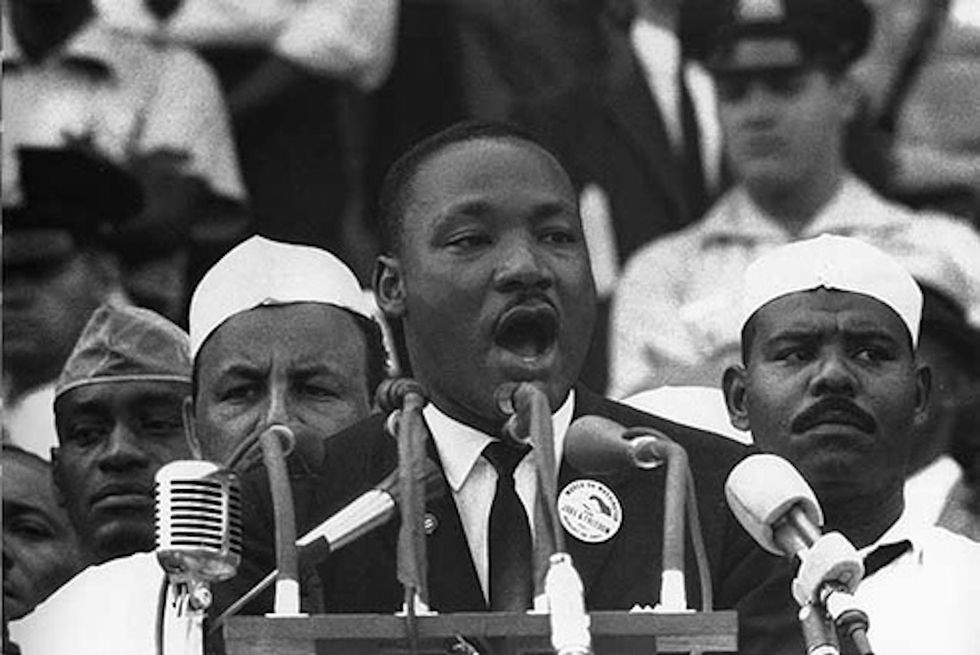
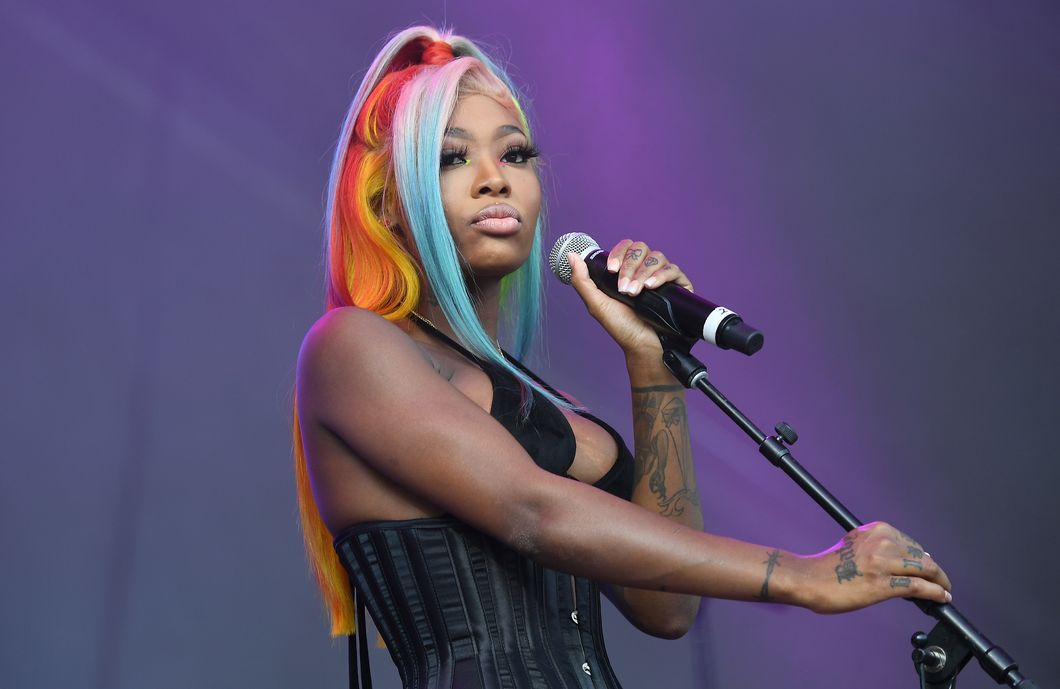
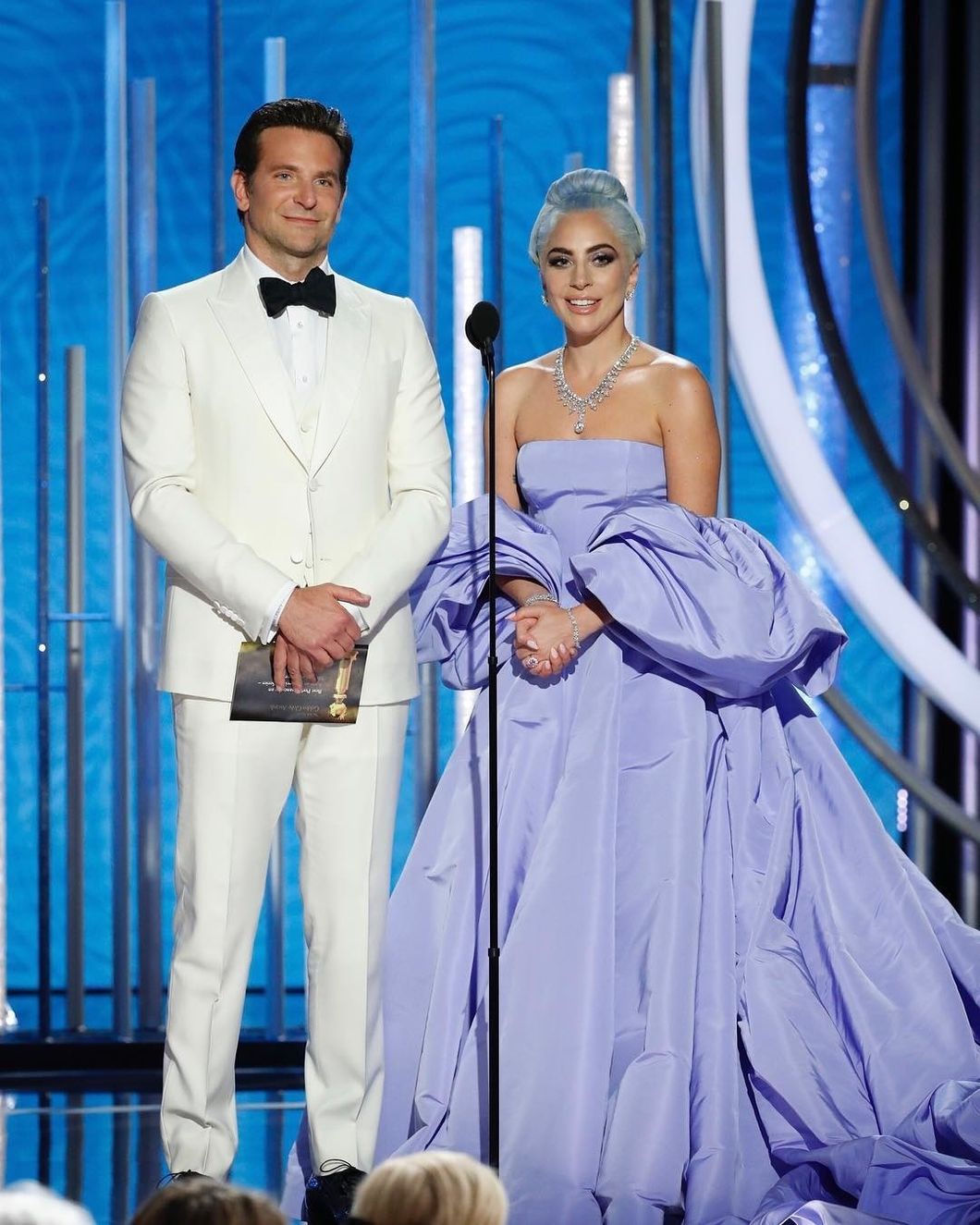
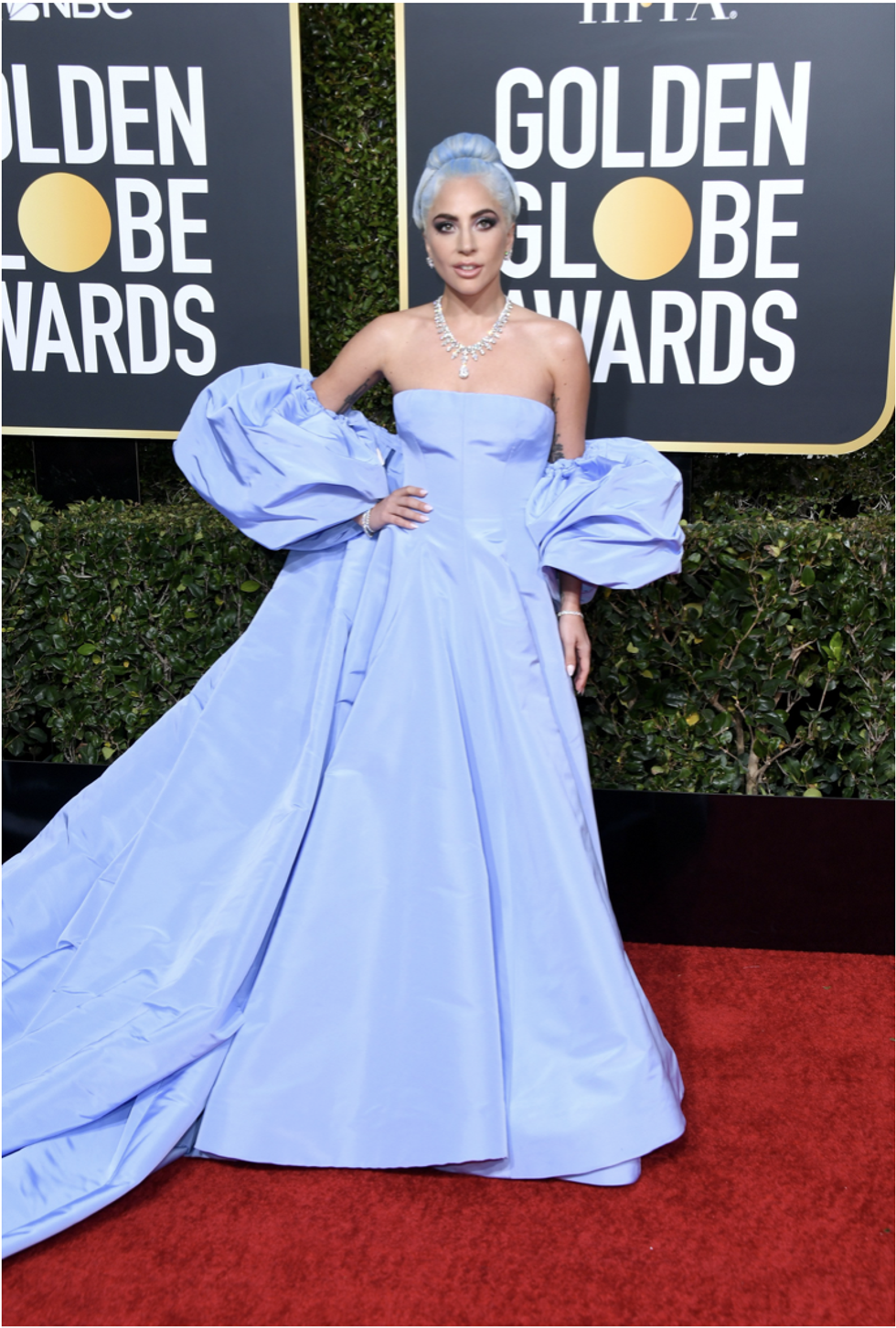


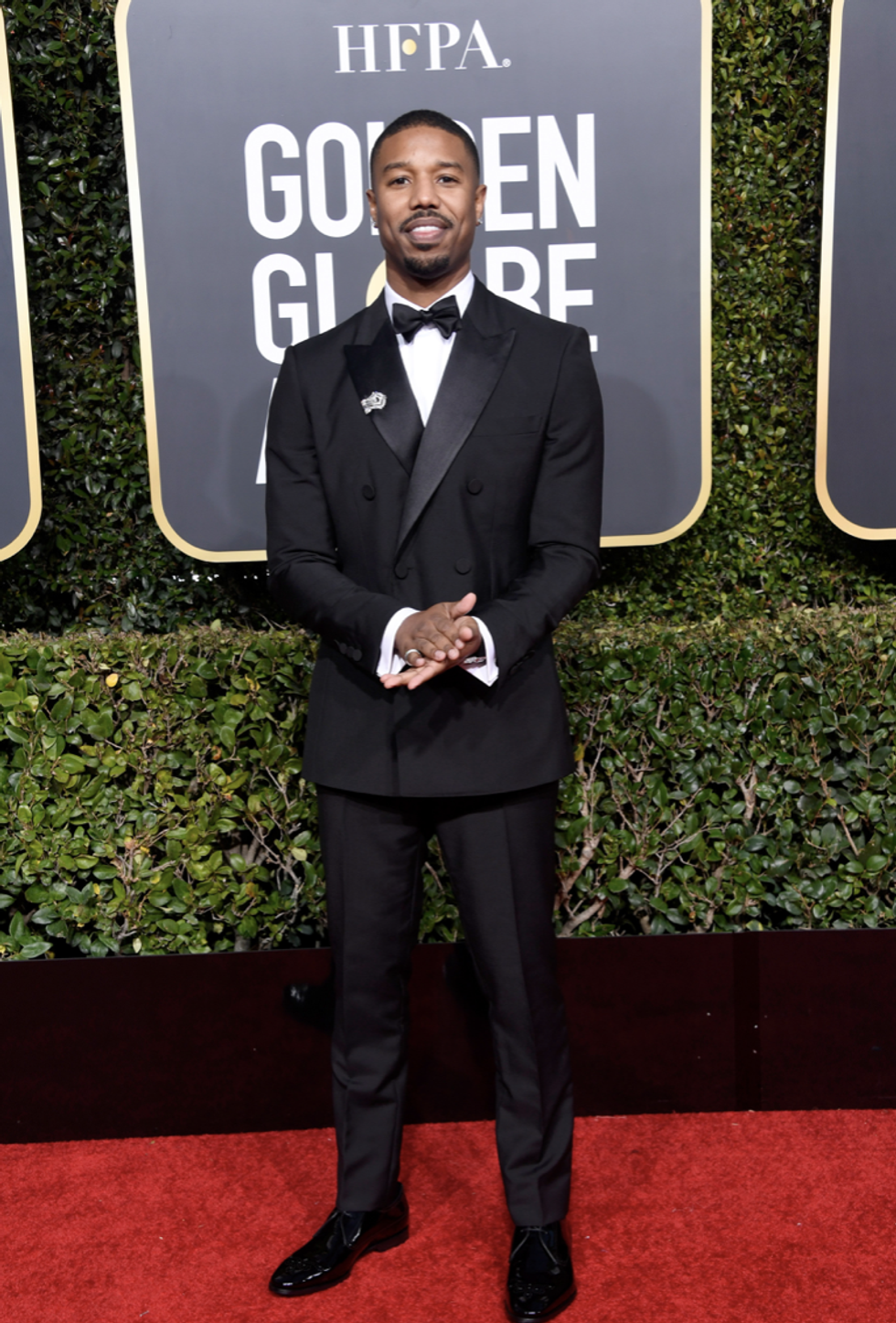
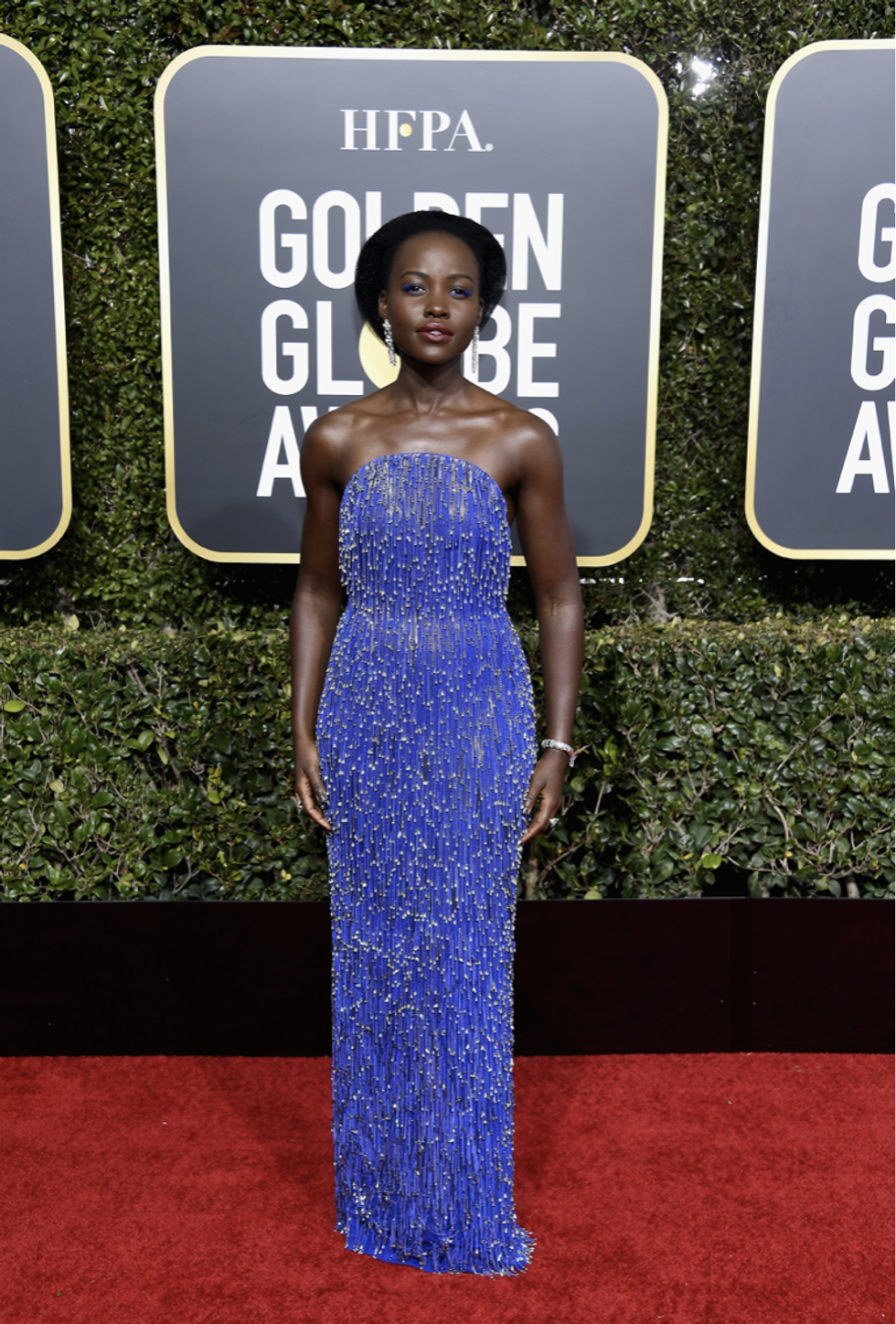
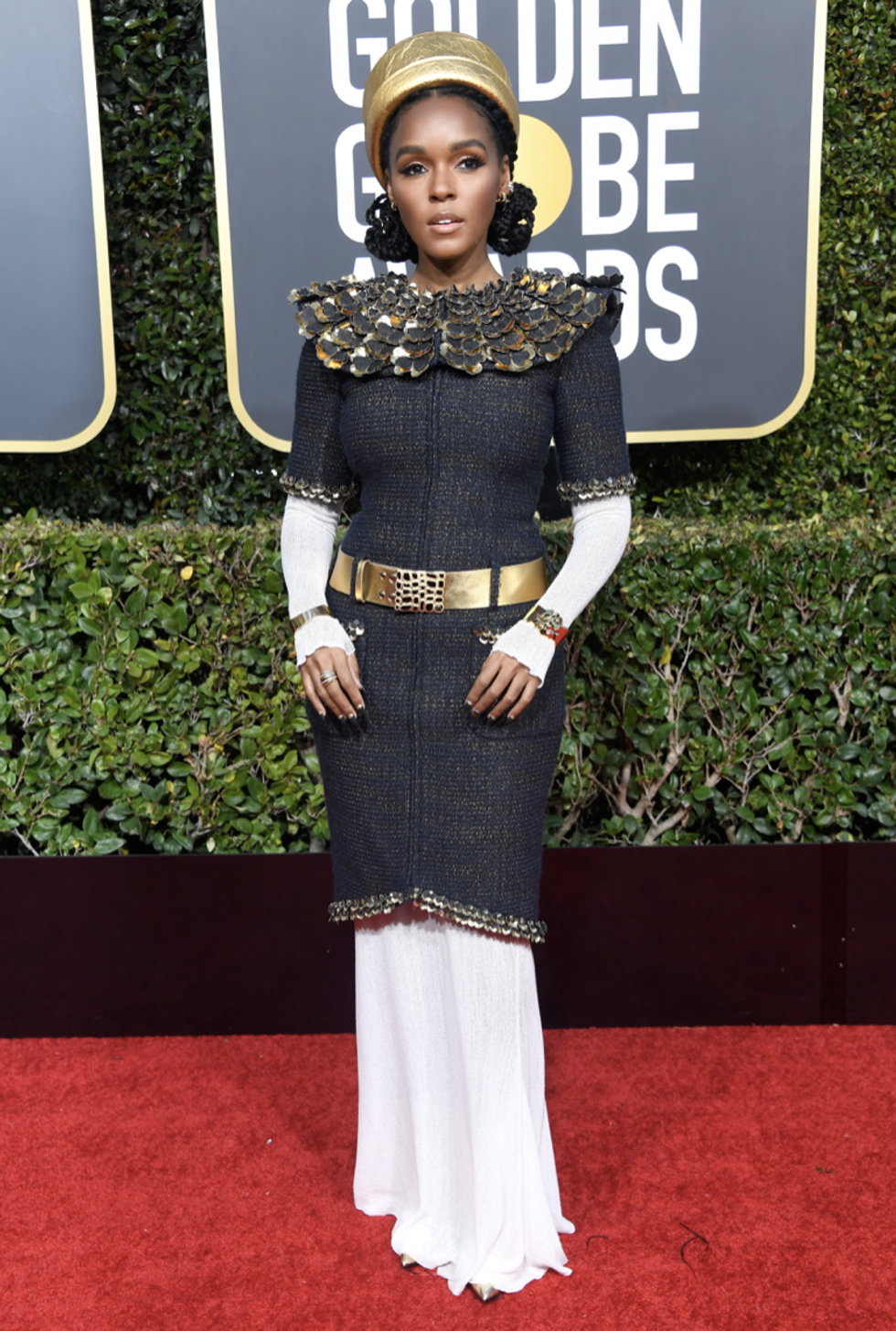
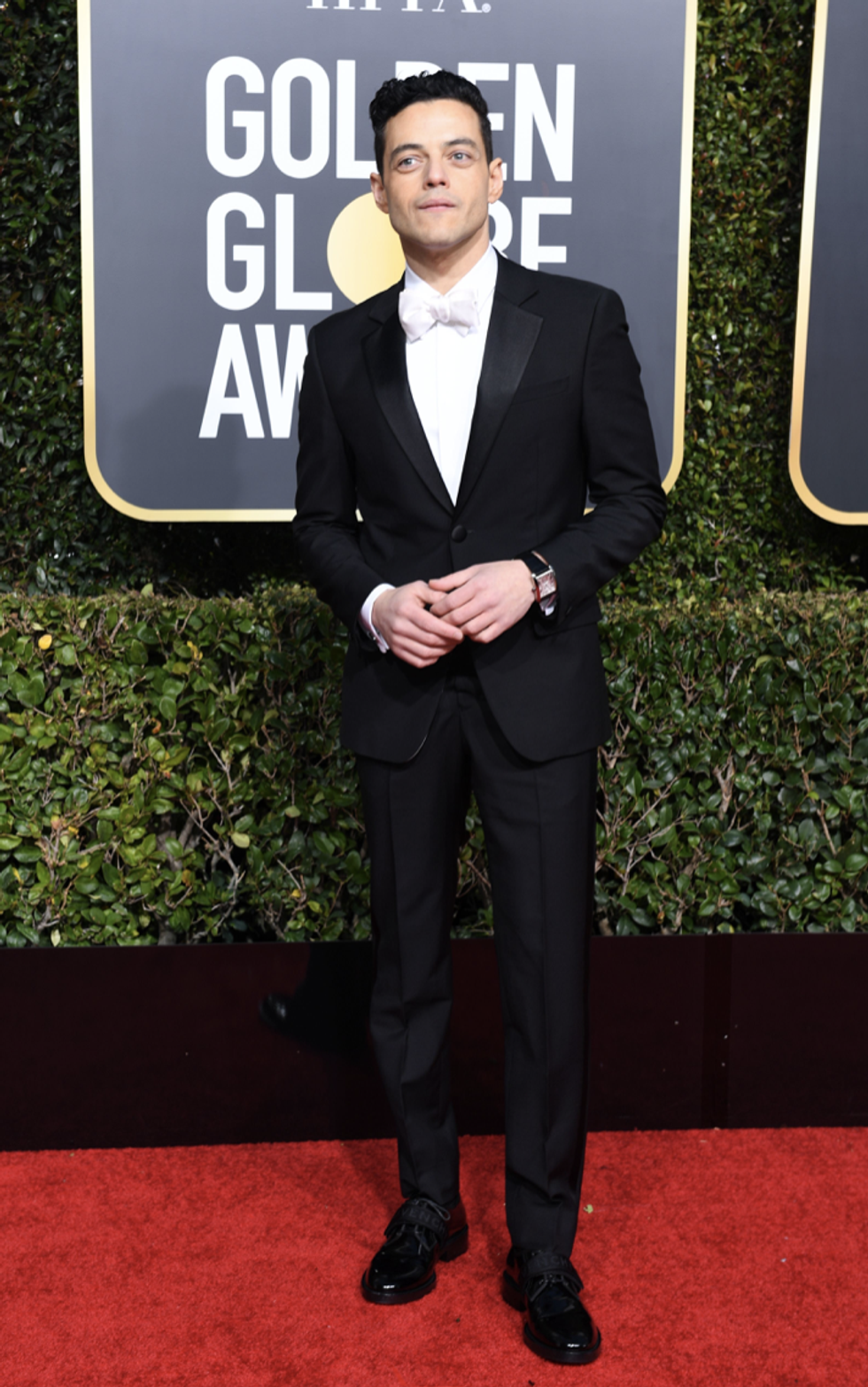
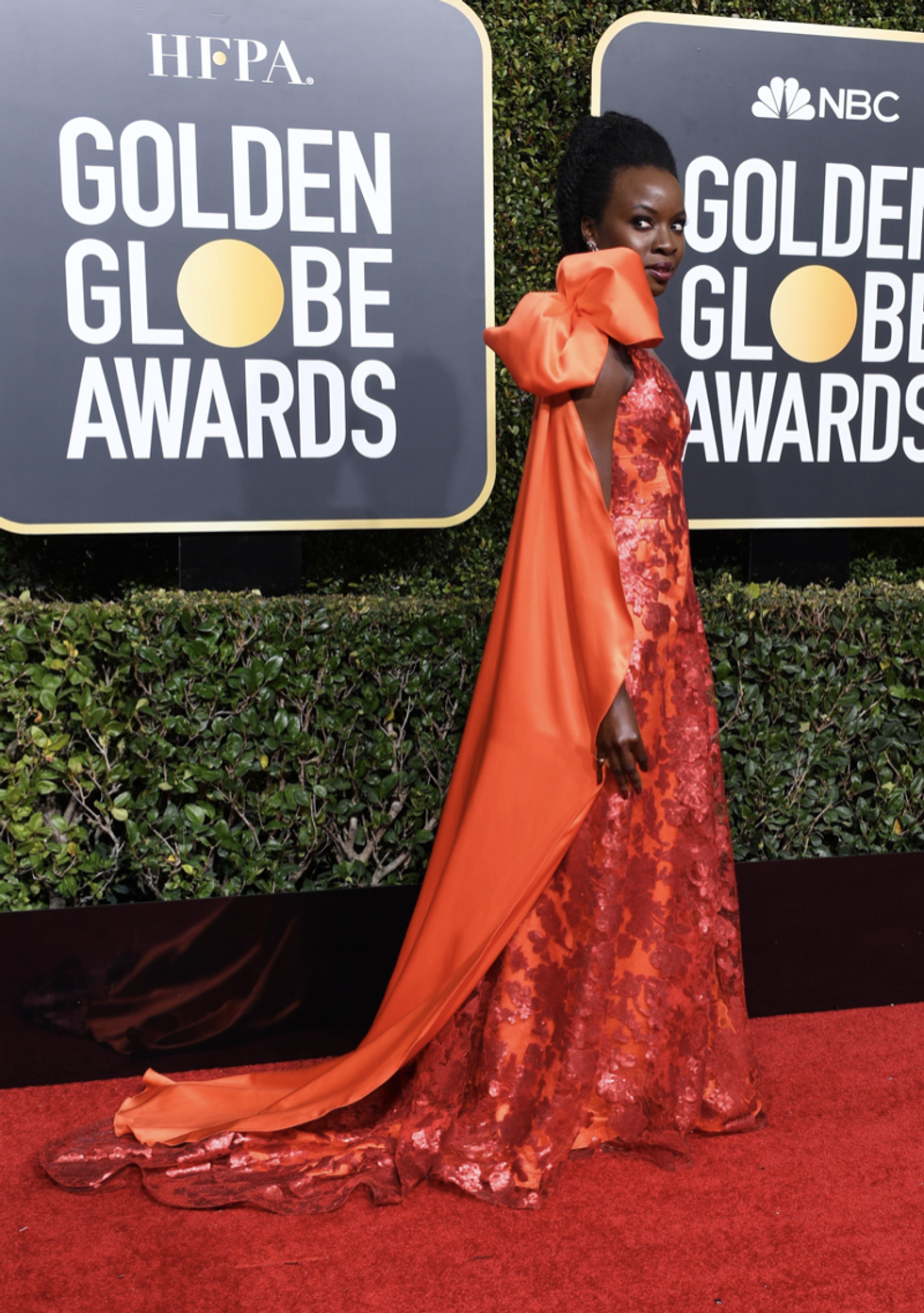


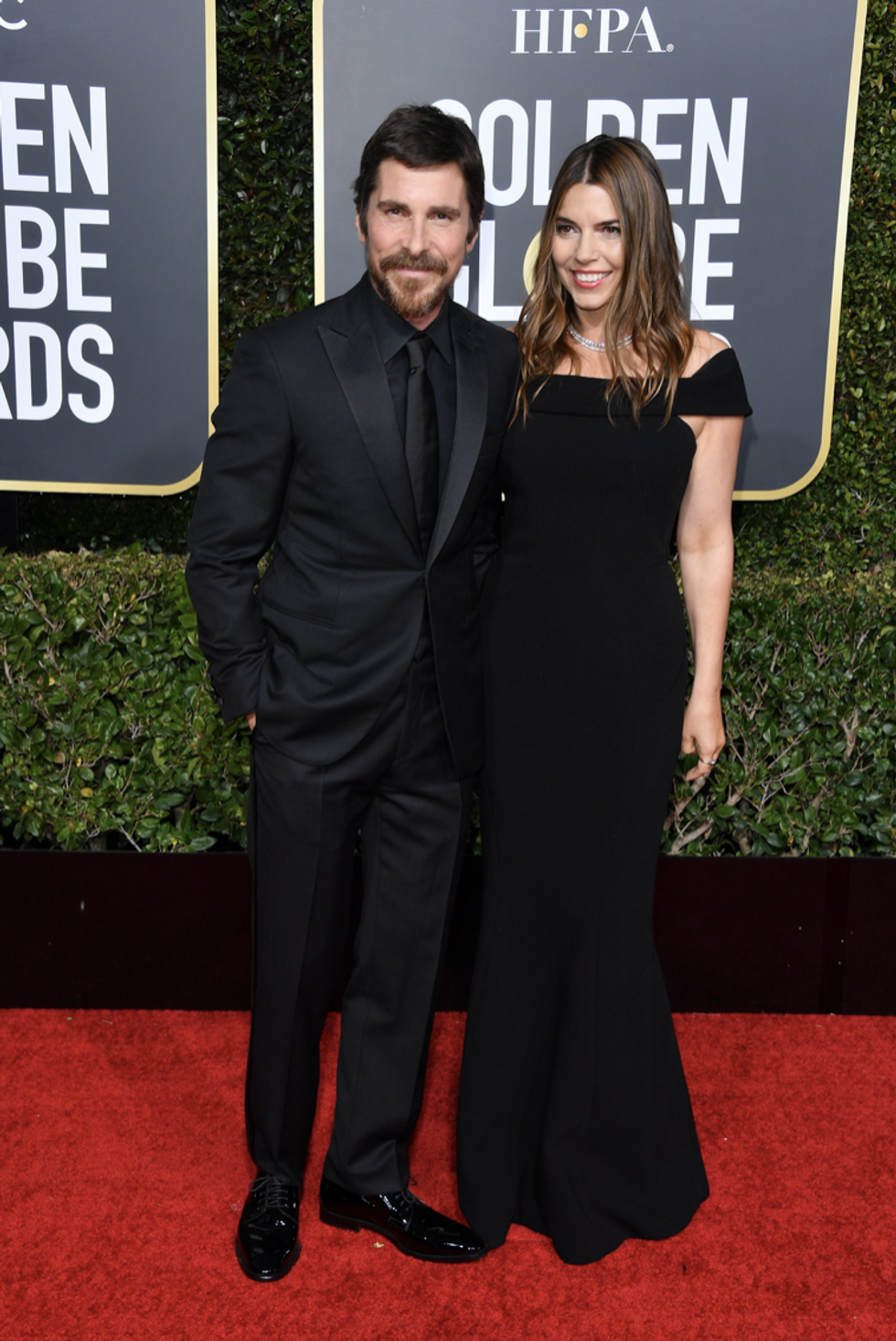

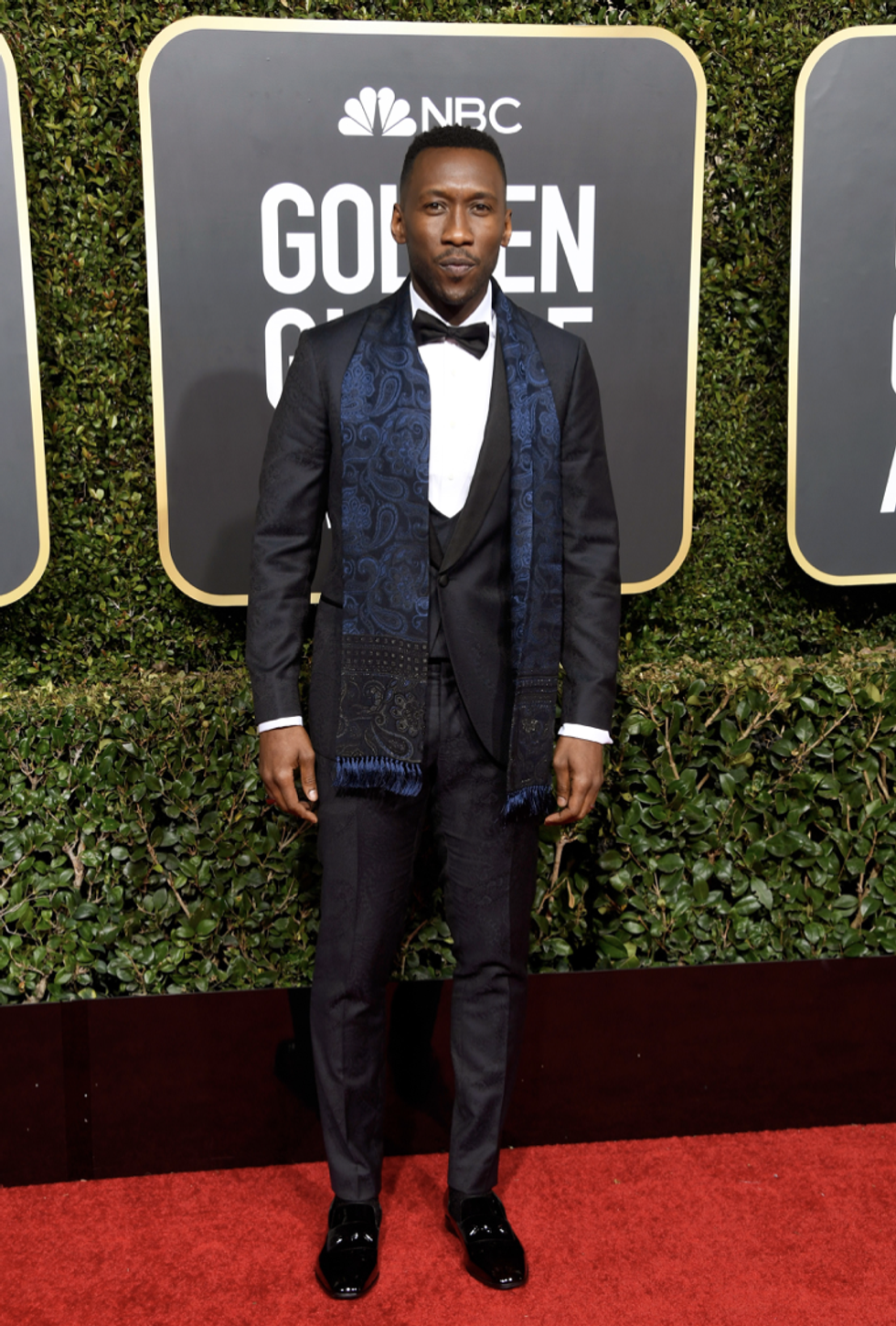




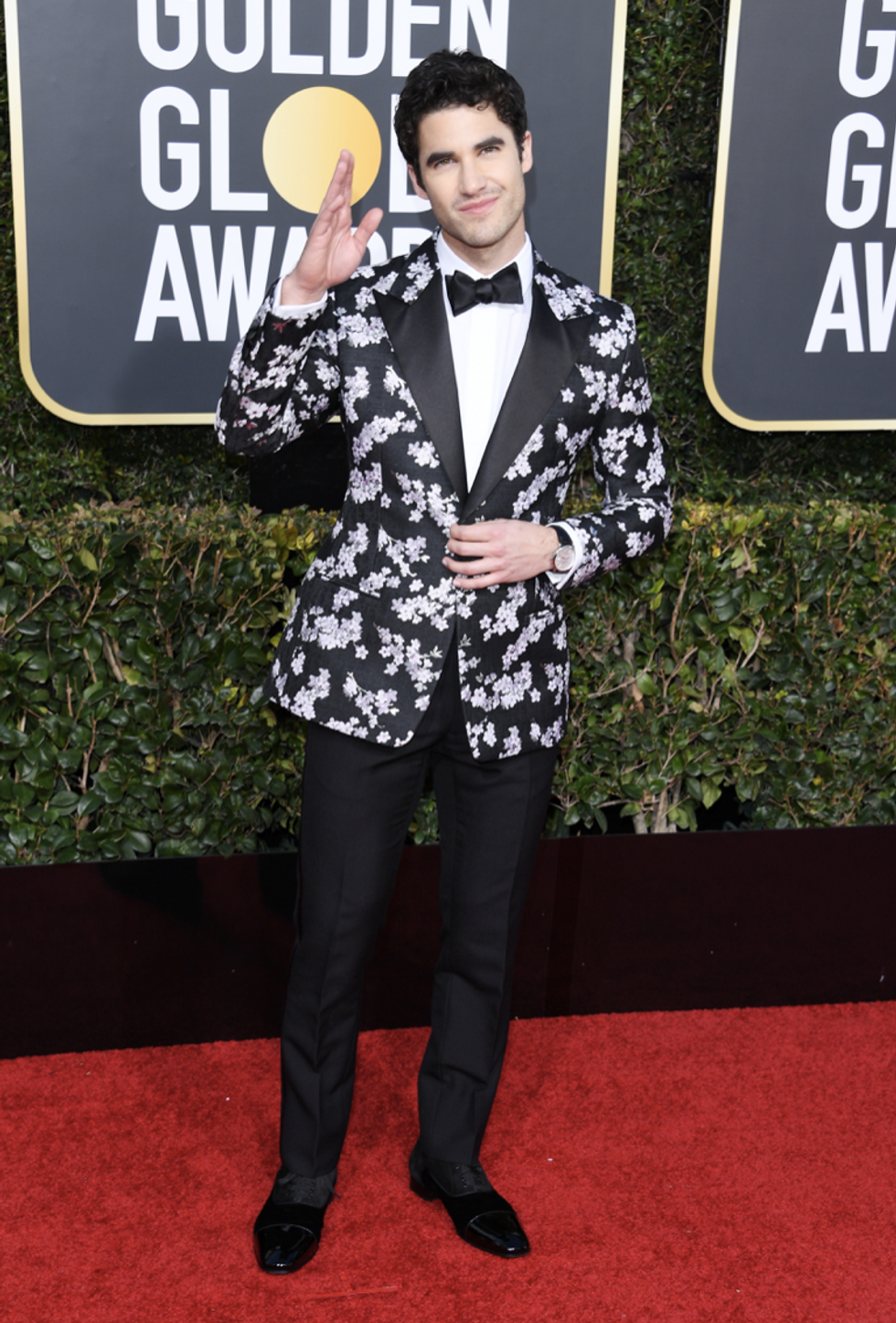











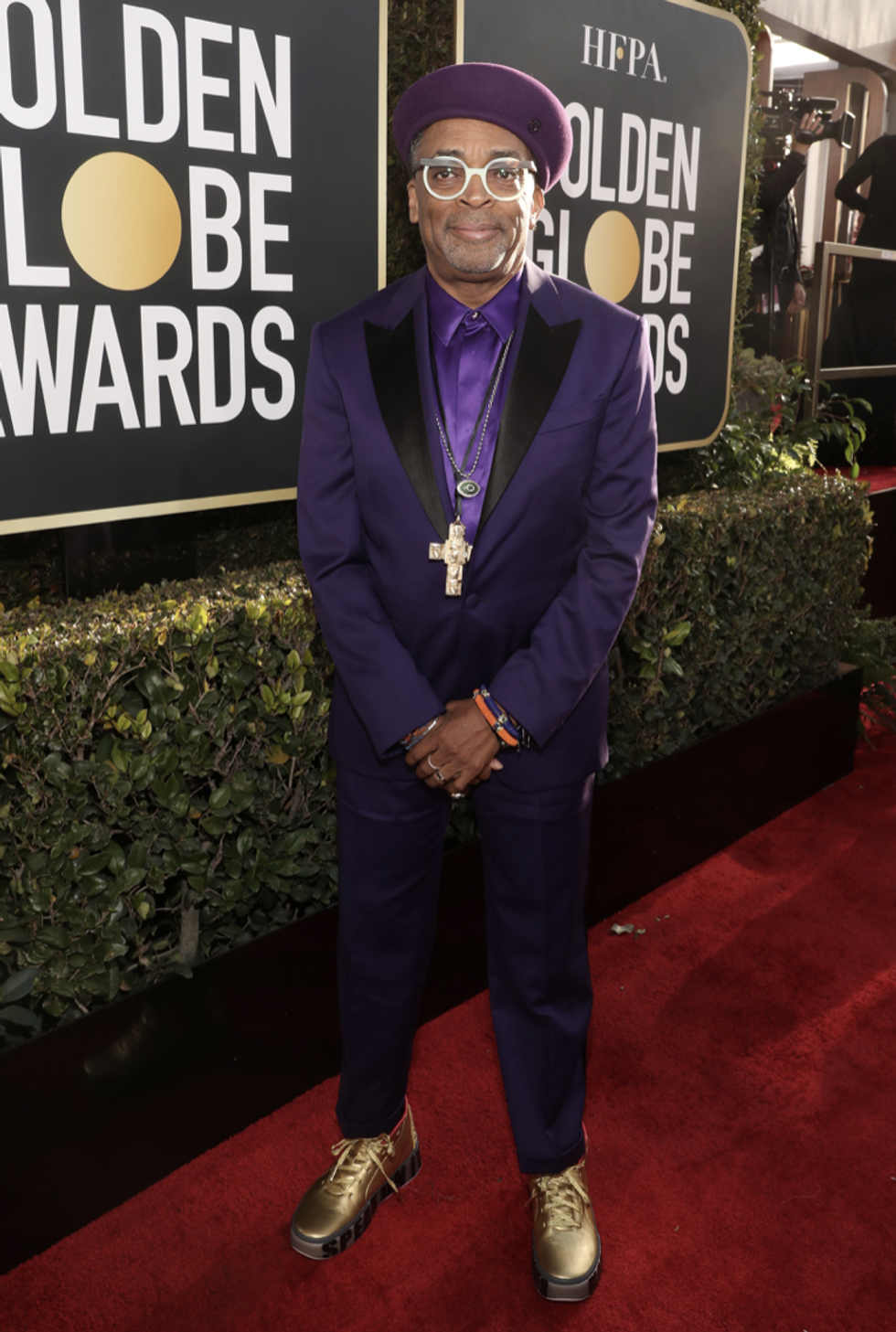




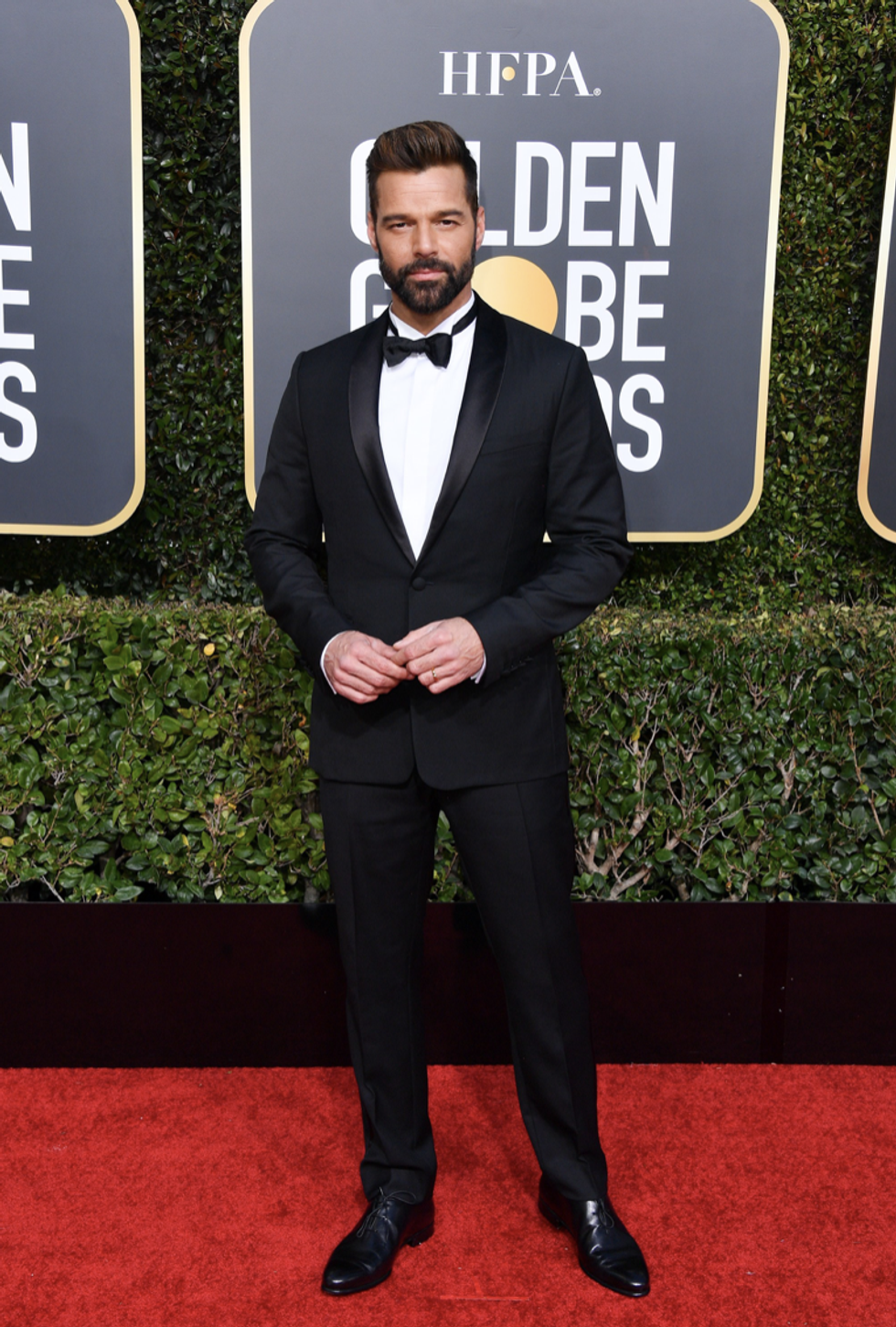







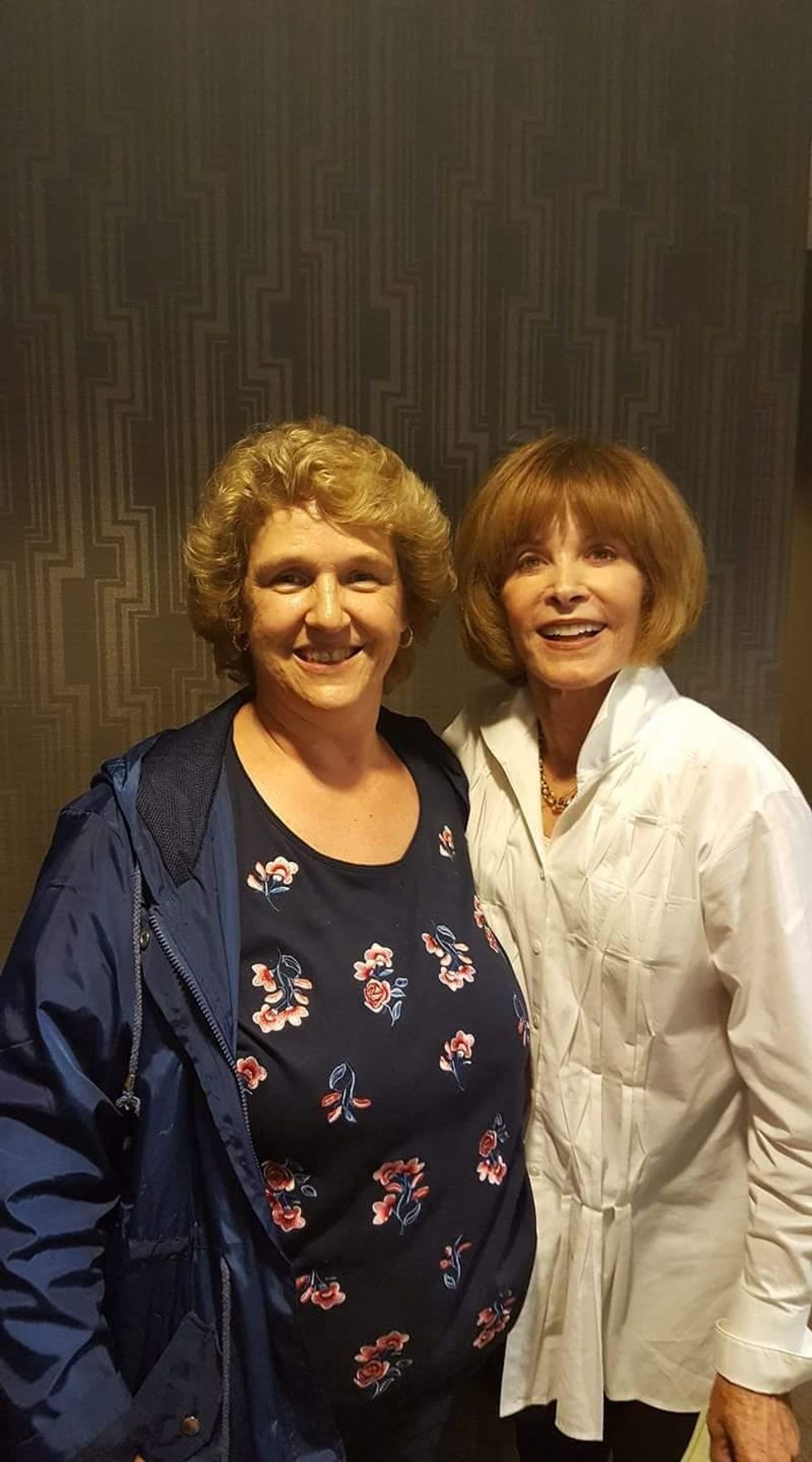





















In 2018, When A Celeb Goes Crazy, They Only Become More Popular
Kanye has built an identity which refuses to fade and won't, no matter what controversial comment he decides to make.
Let's face it. We live in Kanye's world. Whatever he says, does, or in recent days tweets, his millions of fans will always love and follow him, as is the case for most 21st century icons.
In 2018, being crazy is accepted, and almost even desired. Celebrities can't simply be talented or make a difference because if they weren't extra, they wouldn't be celebrities at all. The young American's mind doesn't care if you are a tone virtuoso or tear-jerking actor, they want to hear how you think the world is flat or how you think we should abolish the amendment that ended slavery.
2018's celebrities aren't idiots, Kanye's metaphorical use of social justice within his lyrics accurately portrays his musical genius, but they intelligently choose to be idiotic seeking the holy grail of American culture, clout.
Clout is what every artist, YouTuber, or Instagrammer is after. Clout defines who a celebrity is and how much they're worth, and it doesn't come easy. It can take a person years to build up their fan base, and it's a lot simpler if they aren't simple.
While Kanye's rants produce bad press, in the words of any wise man: "bad press is still press." His recent Twitter rants, vocal support of Trump, and decision to change his name to "Ye" do create controversy within his fan base, but controversy isn't disloyalty. Kanye has built an identity which refuses to fade and won't, no matter what controversial comment he decides to make.
Celebrities withstanding the criticism of their fans isn't anything new, but the scale in which it occurs in 2018 is. Similar to Kanye, Serena Williams underwent recent fan disapproval due to her poor sportsmanship in the US Open. While fans continue to criticize Williams and attack her standing as a respected professional tennis player, she will never truly lose support. To say that she took a moment of immense joy away from a fellow competitor is valid, but the post-match story presented by the media would never have represented her opponent anyway. If Williams had lost without backlash and remained cordial throughout the match, the story still would have represented her. History and the media still would have considered the match to be a loss for Serena Williams, not the first major win for a young rising star in Naomi Osaka.
History remembers icons, not the people who build them up or outshine them for a fleeting moment.
Kanye West and Serena Williams are both icons in their respective fields. They are successful, determined, omnipresent, and polarizing. 2018 had created the idyllic situation for someone not of the cookie-cutter mold, idols who are not only engaging but marketable.
The children of 2018 no longer want to be actors, singers, and rappers, they want to be YouTubers and Instagrammers whose social media reach extends far beyond talent. To be internet famous is perhaps the greatest achievement a member of Generation Z can have, and children recognize that. They look up to us and see new, more creative fields across social media platforms and they recognize what idols such as our President and Kanye West say and realize that while for those on a traditional route media comments last forever, for the lucky few who become icons, words can never tear down their fame.